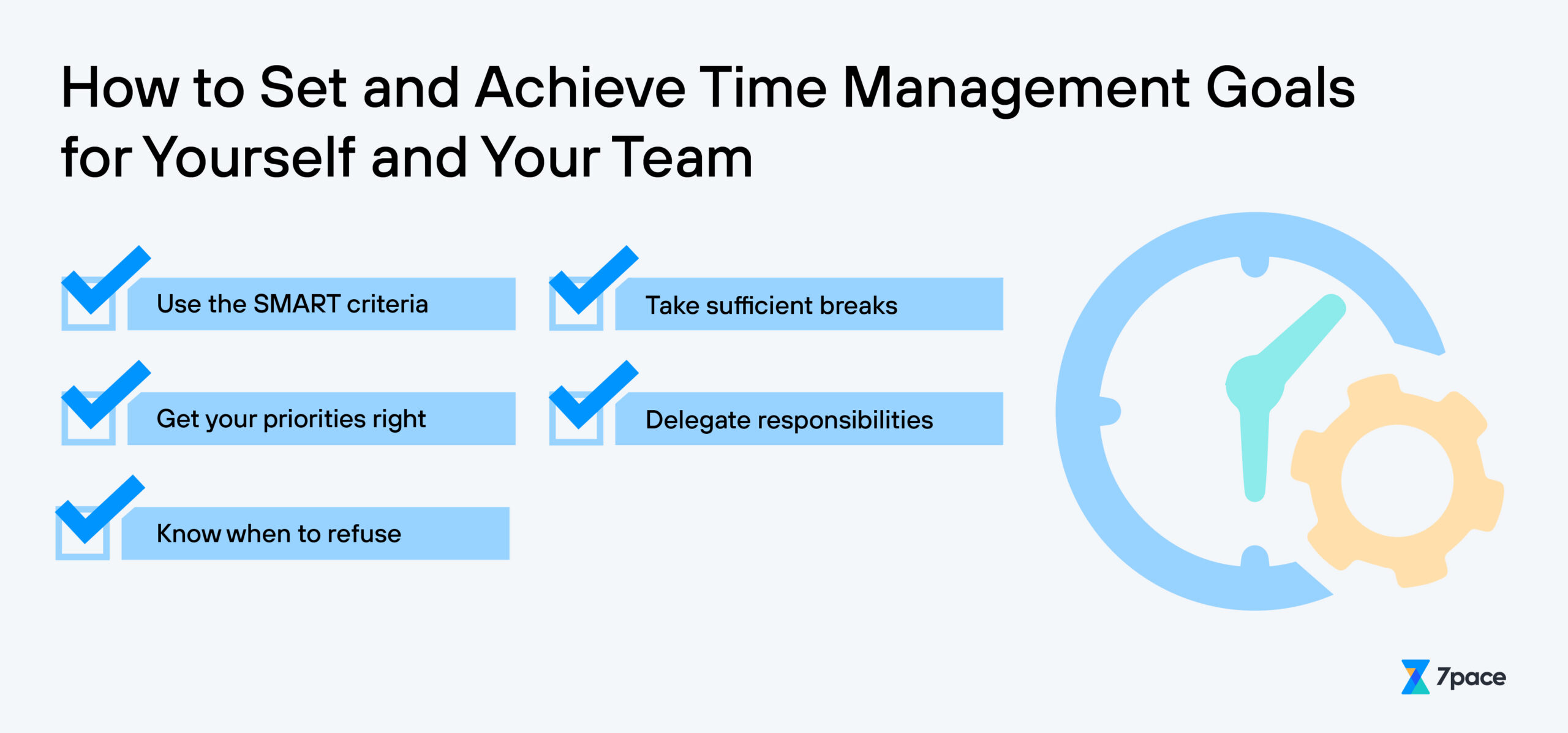In today’s fast-paced world, time seems to slip through our fingers like sand. There is always so much to do and never enough time to do it all. As someone who has struggled with time management myself, I know how overwhelming it can be. That’s why I want to share with you a framework that has helped me regain control of my time and prioritize my tasks effectively. It’s called setting SMART goals.
SMART is an acronym that stands for Specific, Measurable, Achievable, Relevant, and Time-bound. By applying these principles to goal setting, you can make your objectives clearer, track your progress, stay motivated, and ultimately manage your time more efficiently.
Let’s break down each component of the SMART framework and understand how it can transform your time management skills.
Specific: When setting goals, it’s crucial to be specific about what you want to achieve. Vague goals leave room for interpretation and can lead to procrastination. By clearly defining your objectives, you’ll have a clearer sense of direction. For example, instead of saying, “I want to exercise regularly,” a specific goal could be, “I will go for a 30-minute jog every Monday, Wednesday, and Friday morning.”
Measurable: Goals need to be measurable to track your progress and evaluate whether you are moving closer to achieving them. By setting measurable goals, you can quantify your efforts and celebrate milestones along the way. For instance, if your goal is to read more books, a measurable goal could be, “I will read one book every month.”
Achievable: It’s important to set goals that are realistic and attainable. While it’s great to aim for the stars, setting unrealistic goals can lead to disappointment and discouragement. Consider your current resources, skills, and time availability when determining what you can realistically achieve. Setting achievable goals empowers you to believe in yourself and increase your chances of success. For example, if your goal is to learn a new language, setting an achievable goal could be, “I will practice for 30 minutes every day.”
Relevant: Goals need to be relevant to your overall aspirations and align with your values and priorities. Ask yourself if the goal you’re setting is significant and meaningful for your personal or professional growth. Setting relevant goals will keep you focused and motivated on what truly matters to you. For instance, if your goal is to advance in your career, a relevant goal could be, “I will enroll in a leadership training course to develop my management skills.”
Time-bound: Deadlines create a sense of urgency and prevent procrastination. By setting specific timeframes for achieving your goals, you create a sense of accountability and ensure that you stay on track. Having a clear timeline enables you to plan your time effectively and prioritize your tasks accordingly. For example, if your goal is to write a book, a time-bound goal could be, “I will complete the first draft within six months.”
Now that we’ve explored the components of the SMART framework, let’s see how it can be applied in real-life time management scenarios.
Imagine you have a big project due at work. Instead of just setting a vague goal of completing the project, you can make it more specific by breaking it down into smaller, manageable tasks. For example, you can set a goal to research and gather all the necessary information by a certain date, then establish another goal to create an outline and draft by another deadline, and so on. By setting specific goals within a time-bound framework, you can tackle the project in manageable chunks and keep yourself motivated.
Furthermore, SMART goals can be applied to personal development as well. Let’s say you want to improve your physical well-being. Instead of setting a general goal of “getting fit,” you can set specific goals such as going to the gym three times a week, following a healthy meal plan, and drinking eight glasses of water daily. By establishing measurable and achievable goals, you can gradually improve your health and hold yourself accountable.
In conclusion, setting SMART goals is a powerful framework that can transform your time management skills and help you regain control over your life. By being specific, measurable, achievable, relevant, and time-bound, you can set clear objectives, track your progress, and stay motivated. Remember, it’s all about breaking down your goals into smaller, manageable tasks and setting realistic deadlines. Embrace the SMART approach, and you’ll discover the wonders of effective time management. So, what are you waiting for? Start setting SMART goals today and take charge of your time!
